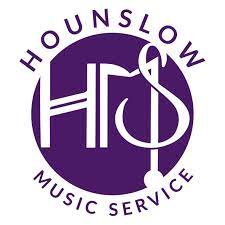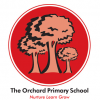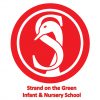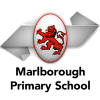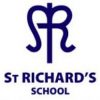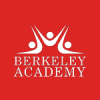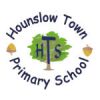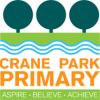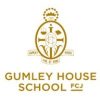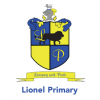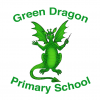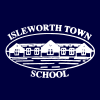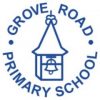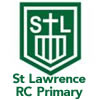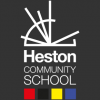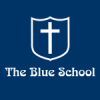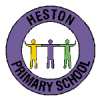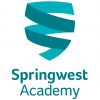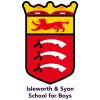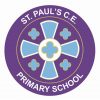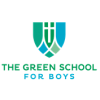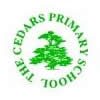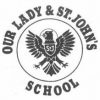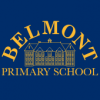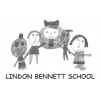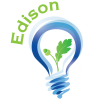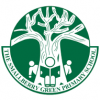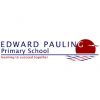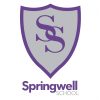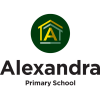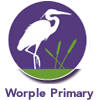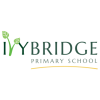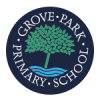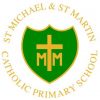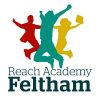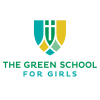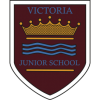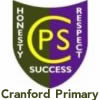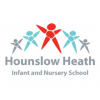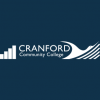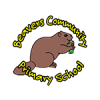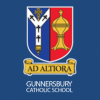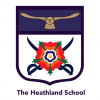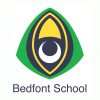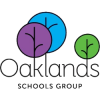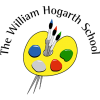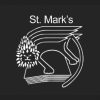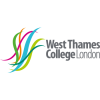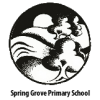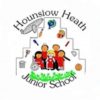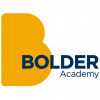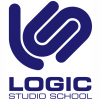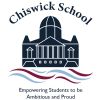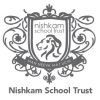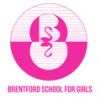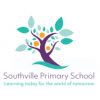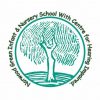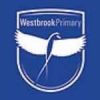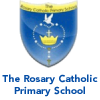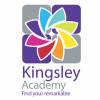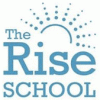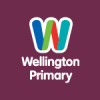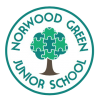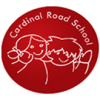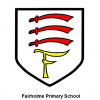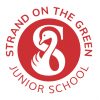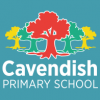Dear Subject Leader / Teacher / Teaching Assistant,
Welcome to the HEP Primary Music home page. On this page, you will find a range of resources and information to support you if you are: the subject leader for Music at your school and/or a classroom teacher/teaching assistant looking for advice and guidance to support your lesson planning.
Music is essentially a practical subject and those pupils who have opportunities to perform and compose music are far more likely to respond to it with a greater understanding. As such, all pupils ought to have numerous opportunities to be involved with first-hand musical experiences.
Learning music involves singing and playing instruments. It also is similar to learning a language. The early stages are largely intuitive, depending much upon the ear and involving a great deal of memorising, imitation and experimentation. As one experience builds upon another, musical skills and concepts are acquired in a logical progression.
The national curriculum for music aims to ensure that all pupils:
- perform, listen to, review and evaluate music across a range of historical periods, genres, styles and traditions, including the works of the great composers and musicians
- learn to sing and to use their voices, to create and compose music on their own and with others, have the opportunity to learn a musical instrument, use technology appropriately and have the opportunity to progress to the next level of musical excellence
- understand and explore how music is created, produced and communicated, including through the inter-related dimensions: pitch, duration, dynamics, tempo, timbre, texture, structure and appropriate musical notations
Music SL Resource Pack September 2023
Subject Self-evaluation template
Music Subject Leader Workbook September 2021
For an editable version of the subject leader workbook, please contact info@hounsloweducationpartnership.co.uk
July 2021: Ofsted Research Review Series: Music
hounslowmusic.org.uk
Hounslow Music Service (HMS) published the Primary Curriculum Framework and a booklet of proposed activities. in March 2021.
Many schools will have already developed their own curriculum document. This is intended as a supporting document for guidance.
HMS has collated the best from the wide range of resources out there and is confident that the framework offers logically sequenced skills, knowledge and understanding, and a clear progression across years 1 - 6.
You can use this in a number of ways:
- You can adopt it completely and add to the activities to suit the wider culture of your school
- You can use the framework document and develop your own activities to secure that skill/understanding
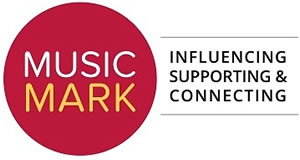 UK Association for Music Education (AME)
UK Association for Music Education (AME)
https://www.musicmark.org.uk/
(Membership: School £50 / annum)
AME supports quality music education for all and aim to offer a collective voice for all those involved in music education. As a subject association for music education, we aim to improve the musical and social outcomes for children and young people in and out of schools.
The benefits of becoming a Music Mark School Member
Schools can only join Music Mark through their local music education hub/service. Each school nominated, should meet one or all of the criteria below:
- evidence of a willingness to engage in development conversations related to improving music provision
- recognition of the value of music education as part of a broad and balanced curriculum
- a strategy for music in place which provides for all children
Contact your local music education hub if your school is interested in being nominated for school membership.
https://www.artscouncil.org.uk/music-education/music-education-hubs
 BBC Music (Bring the noise)
BBC Music (Bring the noise)
https://www.bbc.co.uk/teach/bring-the-noise
BBC Music (EYFS resources)
https://www.bbc.co.uk/teach/bring-the-noise/eyfs-early-years-music/zhm7wty/
BBC Music (KS1 resources)
https://www.bbc.co.uk/teach/bring-the-noise/key-stage-1-music/zvnhxyc
![]() Charanga
Charanga
https://charanga.com/site/
April 2020: Seven new resources – one for each year group – are now available for teachers using Yumu, Charanga’s online learning space for students. The ‘Music At Home’ series comprises lighter versions of selected Scheme Units, while those in their final primary year can access a version of the Topic PLASTIC. These complement all existing, shareable content available in Charanga’s award-winning Musical School and Music Professional programmes. Teachers can upload their own resources, exercises and pieces onto the platform too. Charanga will be running a number of online webinars over the coming weeks to explain more about Yumu and to answer any other questions teachers might have. For more information and to register your place, email training@charanga.com. For general guidance, visit the help section once you’re logged in. For complimentary, 30-day access to the Charanga platform, click here. There’s no obligation to subscribe afterwards.
Incorporated Society of Musicians (The UK’s professional body for musicians and subject association for music)
https://www.ism.org (Resources for music educators)
https://ismtrust.org/resources/primary-toolkit (Primary Music Toolkit)
![]() Music Teachers
Music Teachers
https://www.musicteachers.co.uk/resources/4
![]() Music Education Solutions
Music Education Solutions
https://musiceducationsolutions.co.uk/
![]()
![]()
 Music Express
Music Express
https://collins.co.uk/pages/primary-music-music-express
Collins Music are offering free access to Music Express until the 31st of August. Music Express is a digital resource for teaching primary music that’s easy to use and accessible to non-musicians as well as music specialists. Set engaging music lessons from home with a wealth of songs, games and activities with simple, step-by-step instructions. To set up free access for your school, or if you are an independent music educator, visit their teacher support page. Free access for parents can be obtained by visiting their support learning at home page.
https://www.outoftheark.co.uk (are sharing free resources to help you build a daily singing routine)
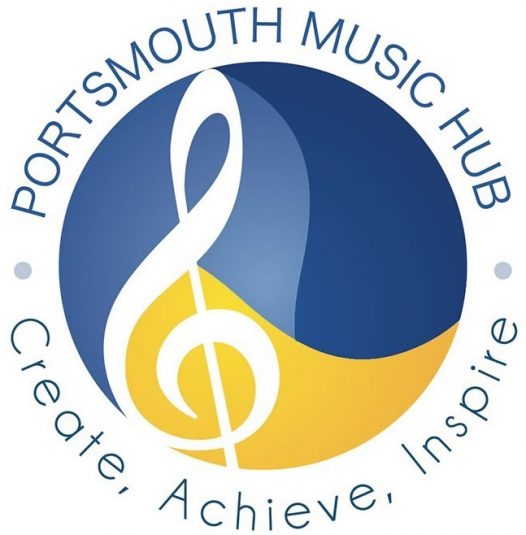 Portsmouth Music Hub (songs for children to sing/make up their own words and lyrics)
Portsmouth Music Hub (songs for children to sing/make up their own words and lyrics)
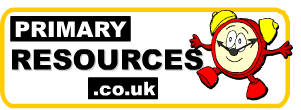 Primary Resources
Primary Resources
http://www.primaryresources.co.uk/music/music.htm
- Mastering Primary Music (Bloomsbury Academics)
- Primary Music Magazine
https://musiceducationsolutions.co.uk/primary-music-magazine/ - Music Mark: Self-Evaluation Toolkit
https://www.musicmark.org.uk/marketplace/self-evaluation-audit-tool-for-music-in-schools/ - Coordinating Music Across The Primary School (Routledge)
- Music Education: a guide for Governors
https://www.artscouncil.org.uk/sites/default/files/download-file/ACE172%20Music%20Education%20for%20Governors%20-%20WEB.pdf - Musical Development Matters for EYFS
https://www.early-education.org.uk/musical-development-matters-download
| Performing Skills |
|
| Composing Skills |
|
| Aural Knowledge |
|
| Theoretical Knowledge |
|
| Evaluation |
|
| Cultural Development |
|
| Personal Development |
|
Progression in Music (related to the 3 key aims of the National Curriculum)
- perform, listen to, review and evaluate(PLRE) music across a range of historical periods, genres, styles and traditions, including the works of the great composers and musicians
- learn to sing and to use their voices(S&UV), to create and compose music on their own and with others, have the opportunity to learn a musical instrument, use technology appropriately and have the opportunity to progress to the next level of musical excellence
- understand and explore how music is created, produced and communicated(CPC), including through the inter-related dimensions: pitch, duration, dynamics, tempo, timbre, texture, structure and appropriate musical notations
PLRE: perform, listen to, review and evaluate
S&UV: sing and use voice
CPC: create, produce and communicate
| PLRE | S&UV | CPC | |
| A | Pupils repeat short rhythmic and melodic patterns and create and choose sounds in response to given starting points. | Pupils recognise and explore how sounds can be made and changed. They use their voices in different ways such as speaking, singing and chanting, and perform with awareness of others. |
Pupils respond to different moods in music and recognise well-defined changes in sounds, identify repeated patterns and take account of musical instructions. |
| B | Pupils choose carefully and order sounds within simple structures such as beginning, middle, end, and in response to given starting points. | Pupils recognise and explore how sounds can be organised. They sing with a sense of the shape of the melody, and perform simple patterns and accompaniments keeping to a steady pulse. | Pupils represent sounds with symbols and recognise how the musical elements can be used to create different moods and effects and communicate ideas. They improve their own work. |
| C | Pupils improvise repeated patterns and combine several layers of sound with an awareness of the combined effect. | Pupils recognise and explore the ways sounds can be combined and used expressively. They sing in tune with expression and perform simple melodic and rhythmic parts. | Pupils recognise how the different musical elements are combined and used expressively and make improvements to their own work, commenting on the intended effect. |
| D | Pupils improvise melodic and rhythmic phrases as part of a group performance and compose by developing ideas within musical structures. | Pupils identify and explore the relationship between sounds and how music reflects different intentions. While performing by ear and from notations, they maintain their own part with awareness of how the different parts fit together and the need to achieve an overall effect. | Pupils describe, compare and evaluate different kinds of music using an appropriate musical vocabulary. They suggest improvements to their own and others’ work, commenting on how intentions have been achieved. |
| E | Pupils identify and explore musical devices and how music reflects time, place and culture. They perform significant parts from memory and from notations, with awareness of their own contribution such as leading others, taking a solo part or providing rhythmic support. | Pupils improvise melodic and rhythmic material within given structures, use a variety of notations, and compose music for different occasions using appropriate musical devices. They analyse and compare musical features. They evaluate how venue, occasion and purpose affect the way music is created, performed and heard. They refine and improve their work. | |
| F | Pupils identify and explore the different processes and contexts of selected musical styles, genres and traditions. They select and make expressive use of tempo, dynamics, phrasing and timbre. They make subtle adjustments to fit their own part within a group performance. |
Pupils improvise and compose in different styles and genres, using harmonic and non-harmonic devices where relevant, sustaining and developing musical ideas, and achieving different intended effects. They use relevant notations to plan, revise and refine material. They analyse, compare and evaluate how music reflects the contexts in which it is created, performed and heard. They make improvements to their own and others’ work in the light of the chosen style. |
|
| G | Pupils discriminate between and explore musical conventions in, and influences on, selected styles, genres and traditions. They perform in different styles, making significant contributions to the ensemble and using relevant notations. | Pupils create coherent compositions drawing on internalised sounds. They adapt, improvise, develop, extend and discard musical ideas within given and chosen musical structures, styles, genres and traditions. They evaluate, and make critical judgements about the use of musical conventions and other characteristics and how different contexts are reflected in their own and others’ work. |
If you have used or know of any good resources to share with other subject leaders or teachers in Hounslow, please email them to Nikola Standing – n.standing@hounsloweducationpartnership.co.uk

